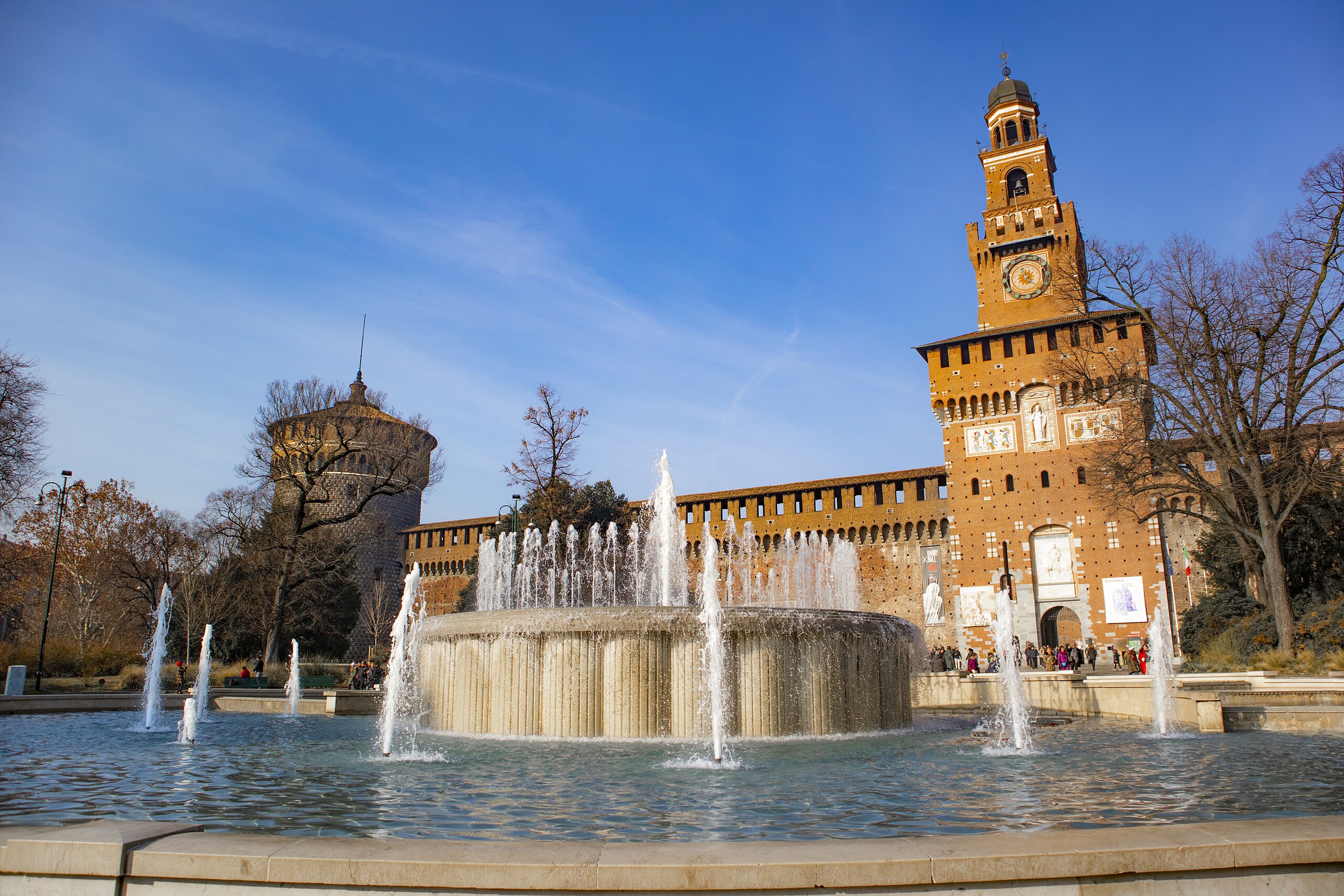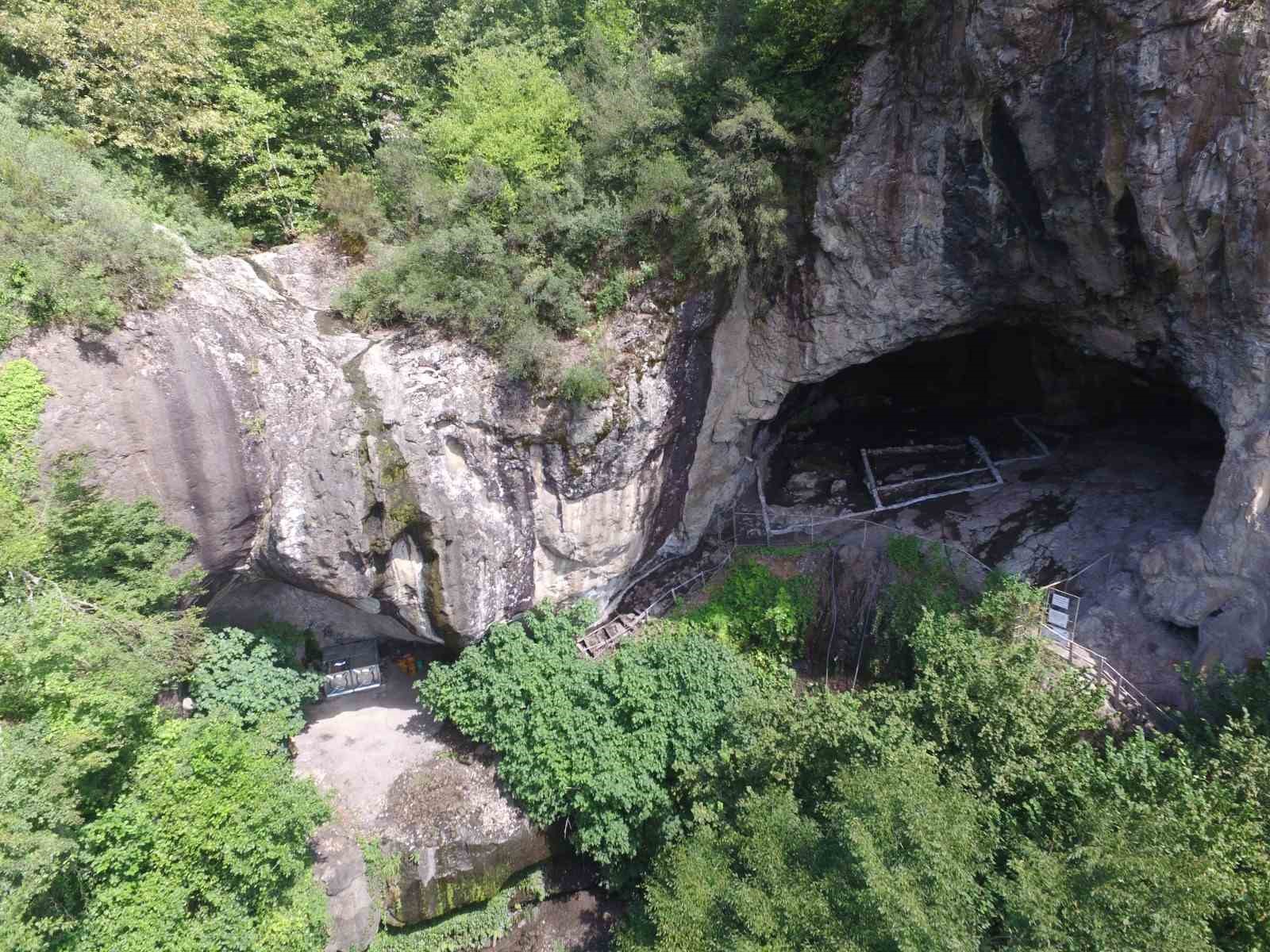
First archaeological evidence of the Kaskas, the Hittites’ fierce enemies, discovered
The Kaskas, known as the relentless enemies of the Hittites who established the first central state in Anatolia, have long remained shrouded in mystery. Residing in the Black Sea region, these tribes continuously launched raids into Hittite territory, becoming a persistent thorn in their side. Until now, archaeological findings related to the Kaskas had not
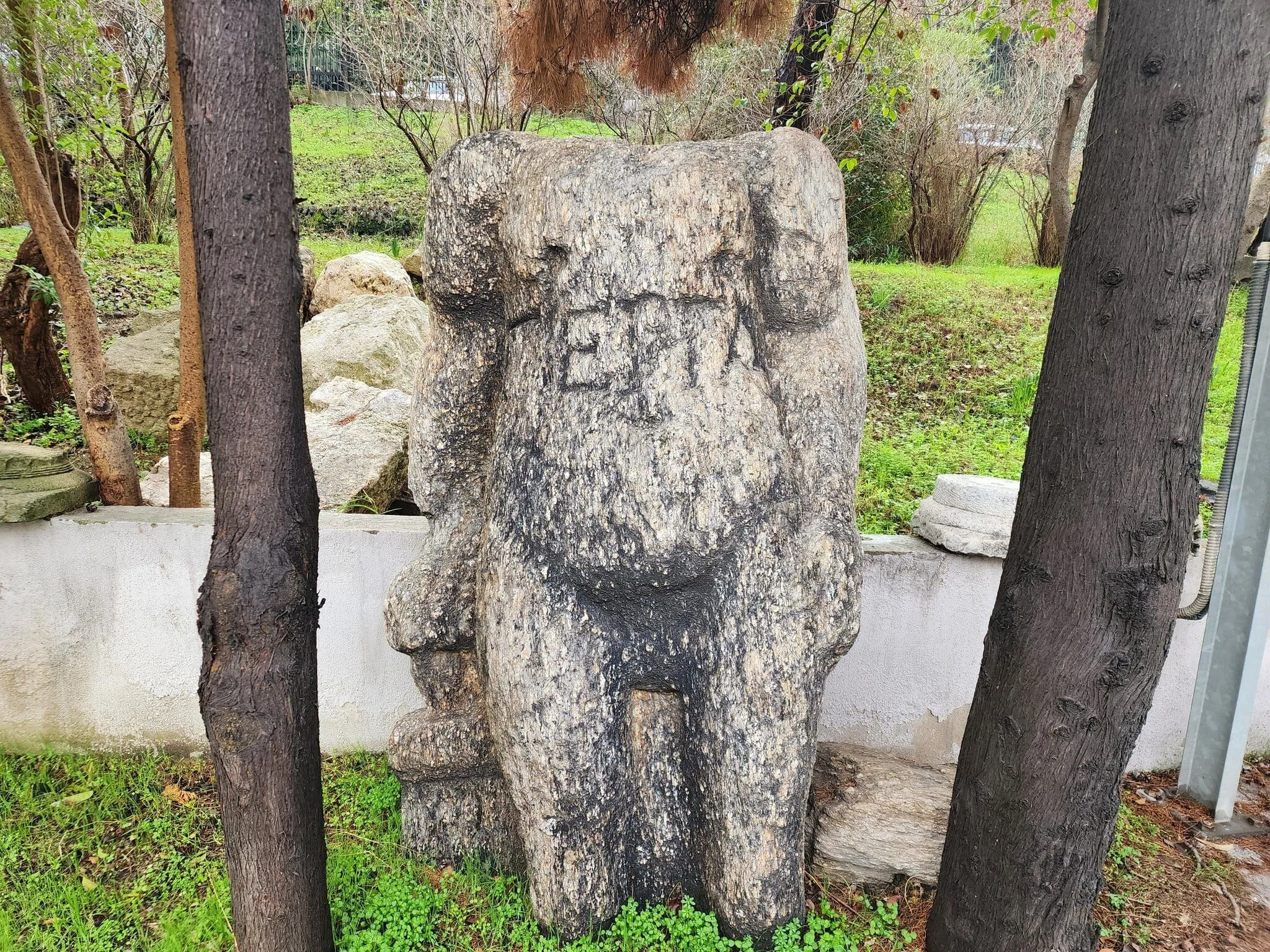
Gerga Inscribed Monumental Statue Found in Farmhouse 14 Years Ago Left to Its Fate
The Gerga Monumental Statue, stolen from the ancient city of Gerga in the Karia region, has been left to its fate after being discovered 14 years ago in a farmhouse. Rescued from antiquities traffickers, the Gerga statue was initially handed over to the İzmir Archaeology Museum, where it was stored in a neglected corner. Recently
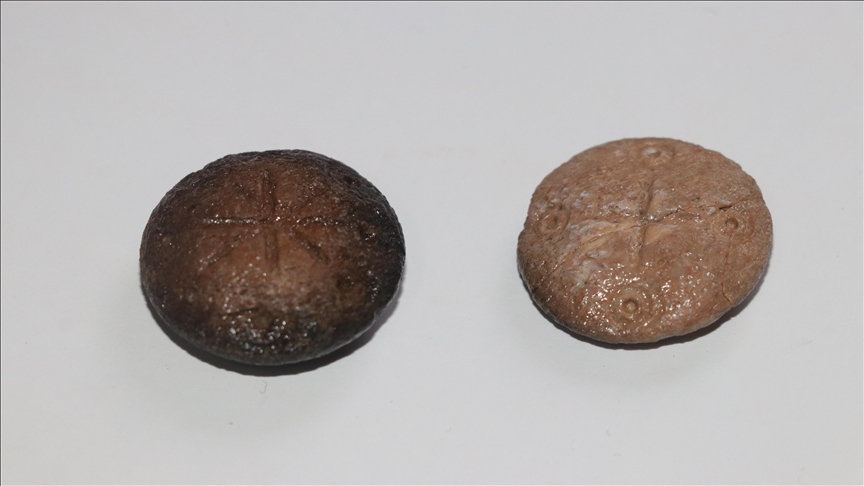
In Türkiye, stones belonging to a military strategy game played by Roman soldiers have been found
Turkish archaeologists have discovered stones belonging to a military strategy game played among Roman soldiers in the 5th century AD. The discovery occurred during excavation work at the ancient city of Hadrianopolis in the Eskipazar district of Karabük. The finding of the strategy game stones confirms that Hadrianopolis hosted a Roman military garrison during that
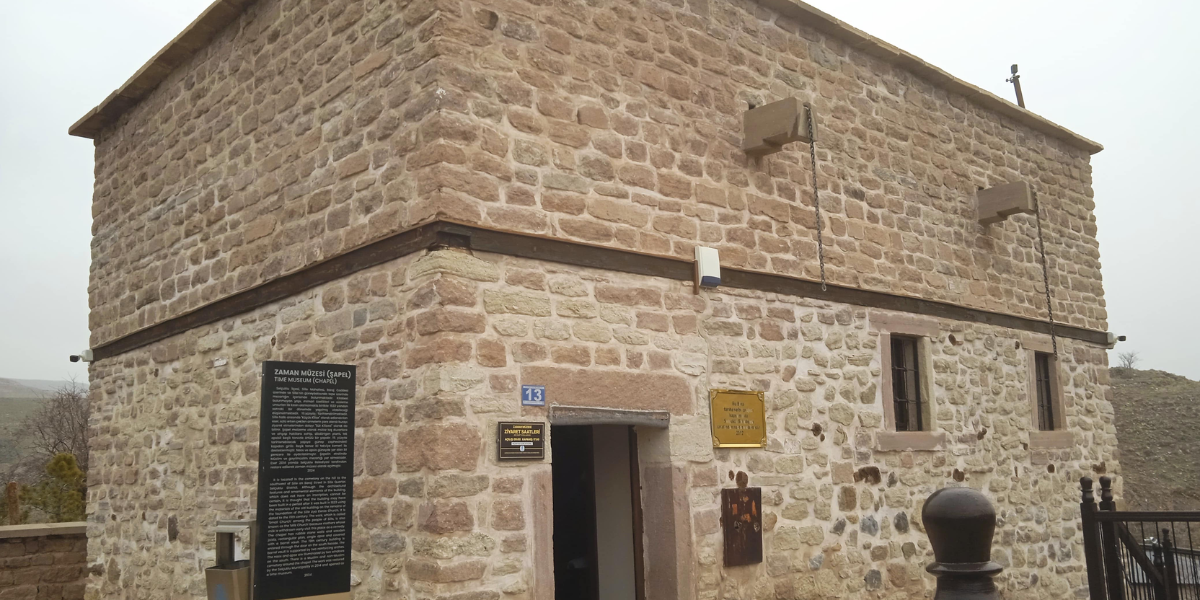
The Konya Time Museum, which holds the distinction of being the first and only time museum in Türkiye
The Konya Time Museum is Türkiye’s first time museum, which stops the flow of time and takes visitors on a journey into the past. The museum is located on a hill in the southwest of the Sille neighborhood in the Selçuklu district of Konya. Surrounding the museum are the graves of Muslim and Christian citizens
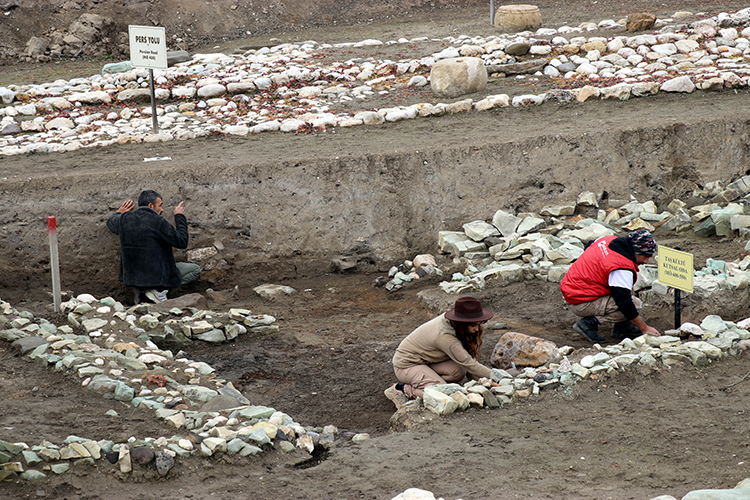
The 2,600-year-old lost Kubaba Temple has been discovered during the excavations at Amasya Oluz Mound
The lost Kubaba Temple, dating back 2,600 years and providing significant findings about religious beliefs and rituals in Anatolia, has been discovered at Oluz Mound. Oluz Mound is located near the Çekerek River (ancient Skylax), one of the branches of the Yeşilırmak (ancient Iris) in the Göynücek district of Amasya province. Under the leadership of
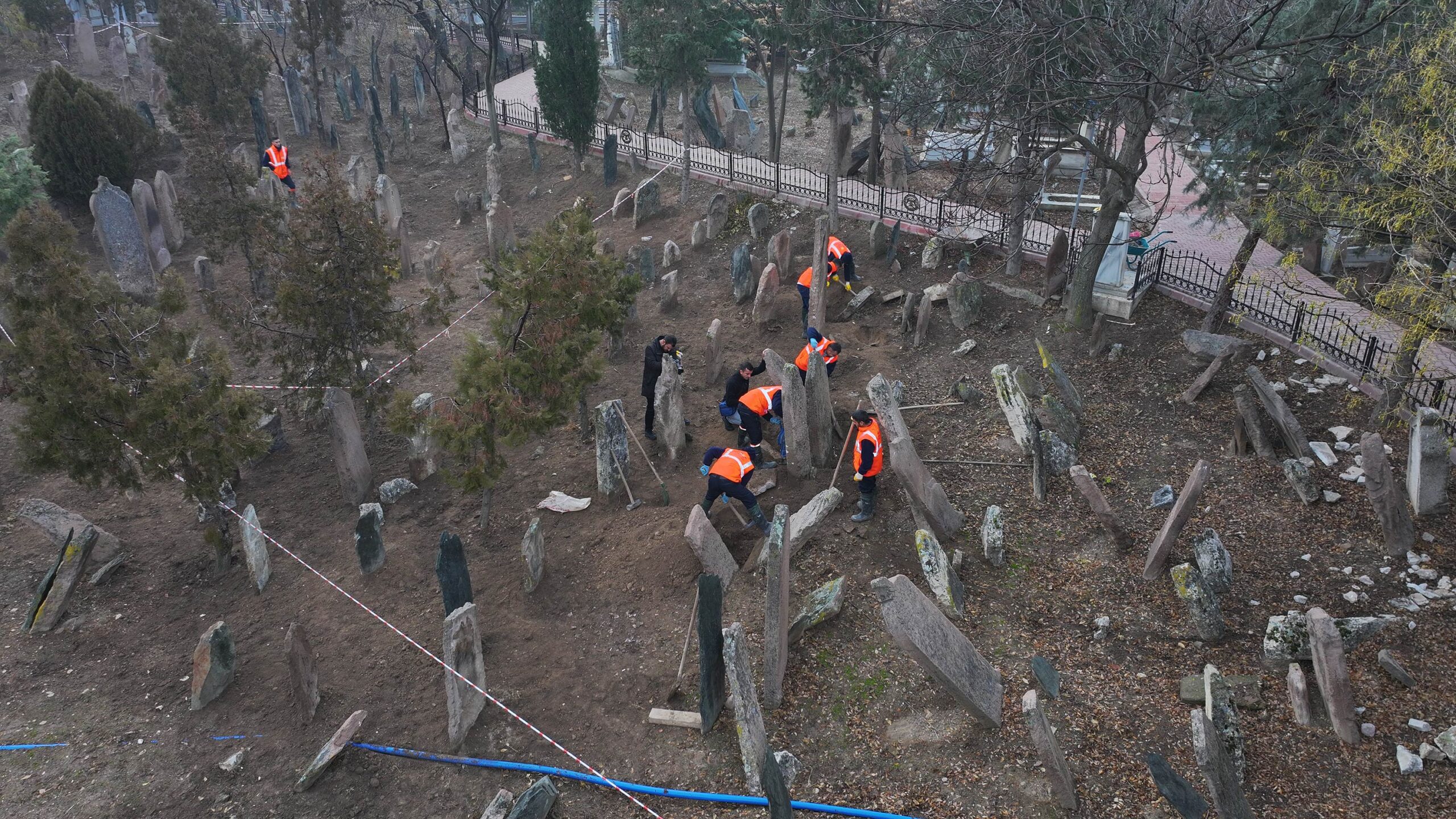
The tombstones in the Seljuk Cemetery in Konya are being restored
The historical tombstones in the Musalla Cemetery, one of the prominent Seljuk cemeteries in Konya, which served as the capital of the Anatolian Seljuks, are being restored. Musalla Cemetery is located in the central district of Selçuklu in Konya. Recently, new burial areas are not being permitted. The restoration of the historical tombstones in Musalla
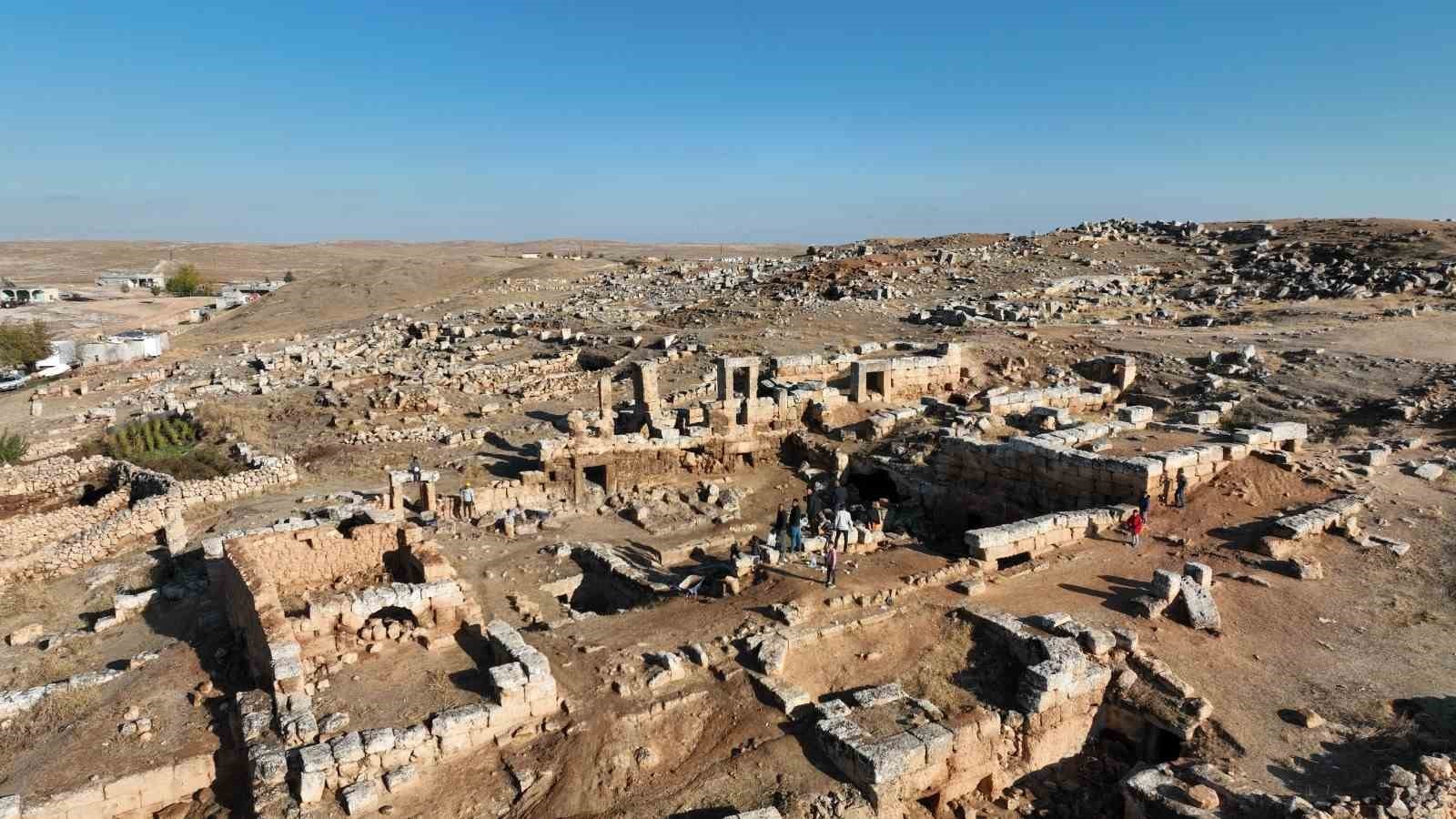
Archaeological excavations have begun in the ancient city of Shuayb, also known as the “Ephesus of the Southeast.”
Archaeological excavations have begun in the ancient city of Shuayb, known as the “Ephesus of the Southeast,” with architecture reminiscent of the renowned city of Ephesus from the Ancient Age in Anatolia. The ancient city of Shuayb is located near the village of Özkent, 80 km away from the Harran district of Şanlıurfa. The city
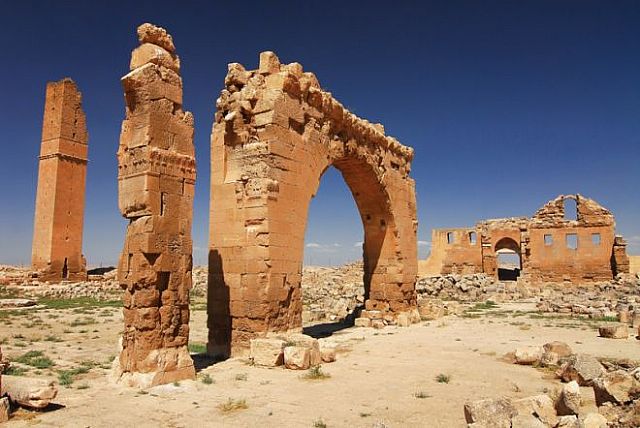
Ritual dog graves associated with the goddess Gula have been uncovered at the Harran archaeological site
In the Harran archaeological site, one of the oldest settlements in the world located in southeastern Türkiye, four dog graves dating back to the Iron Age have been uncovered. The ritualistically buried dogs are interpreted as a sign of belief in the healing goddess Gula. The Harran archaeological site, which is on the UNESCO World
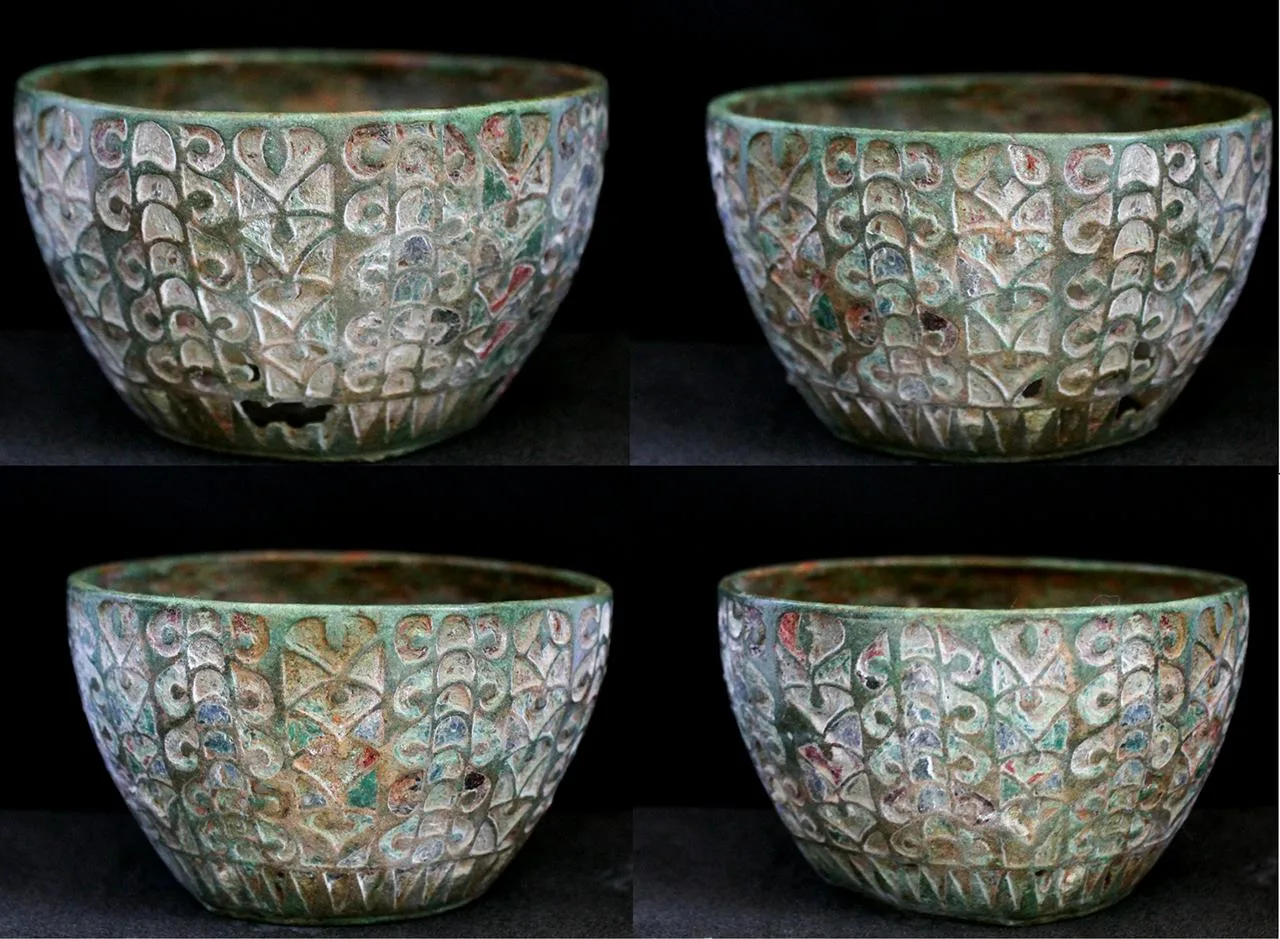
In a 6th-century Anglo-Saxon tomb, an ancient Roman chalice was discovered containing pig fat
In 2018, archaeologists conducting excavations in Scremby, Lincolnshire, uncovered an enameled copper alloy chalice within a 6th-century AD female grave. This discovery was part of a study by the University of Sheffield, focusing on a Migration Period cemetery in Scremby that features 49 burials dating from 480 to 540 AD. The multicolored goblet, approximately 1,800

